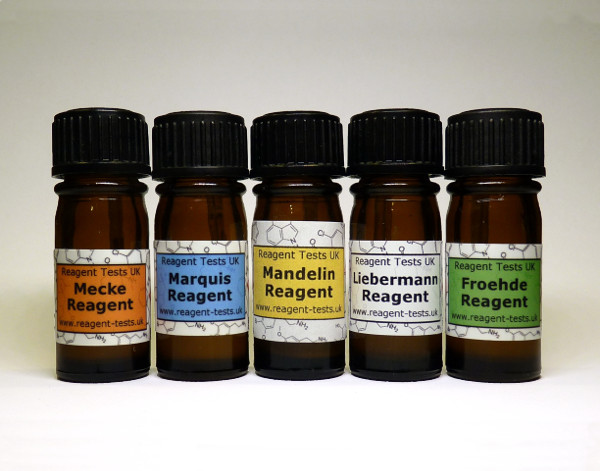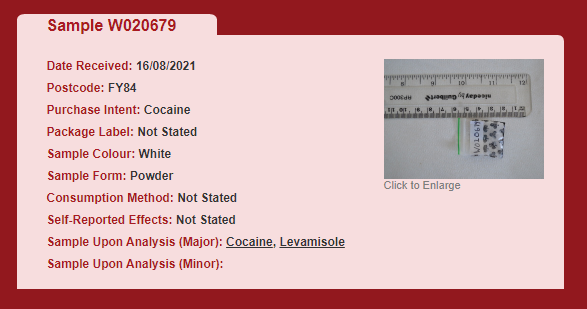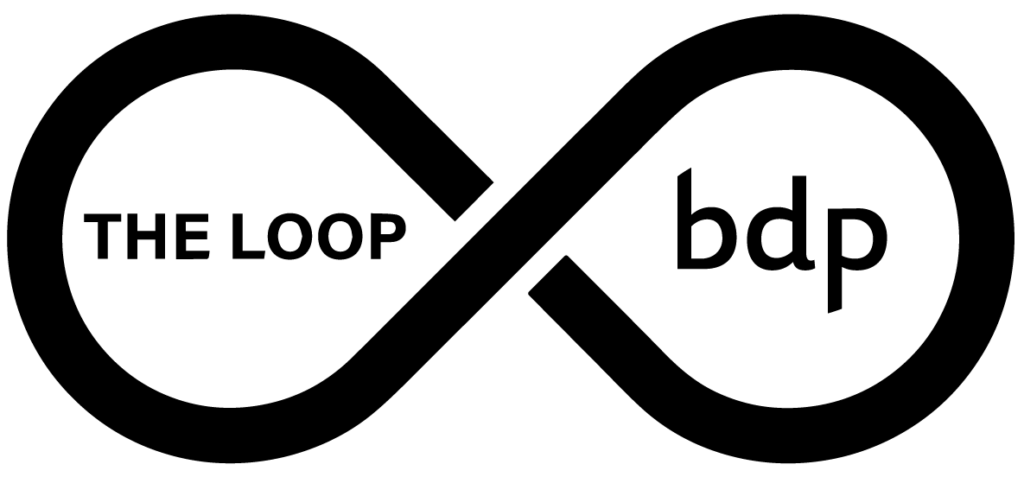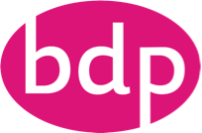Drug Testing
Drug Testing
We often get asked if we are able to test people’s drugs. While this isn’t something we’re able to do we can advise you on the other options available. This page explains the pros and cons of each so you can find the option which best suits your needs.
Reagent Kits
Reagent testing is the most accessible but least accurate type of testing available. They work by changing colour in the presence of different drugs. These colour changes are then compared to the reference chart – if the colours match, you’ve probably got the drug you think you have. There can be a bit of a learning curve involved in interpreting the results, but most people find it gets easier over time.

Reagent kits are presumptive tests – this means the results need some interpretation and cannot give binary results. They can tell you “this is definitely not the substance I thought it was” or “this is probably the substance I thought it was” but you’ll never be able to be 100% confident of the result. It takes a matter of minutes to test a sample, which is useful for people who buy their drugs just before they plan on taking them.
Reagent testing is not able to tell you the purity or dose of what you’re testing. For example, if you test a pill that you suspect contains MDMA and you get an ‘as expected’ result (this means the sample is probably what you think it is), you still wouldn’t know if the pill contains 100mg or 300mg of MDMA. Without this information, it’s much more difficult to know how much is likely to be safe to take. They’ll also struggle with samples containing more than one substance as the reaction from one substance can ‘muddy’ or mask the reaction of another.
That’s not to say that reagent testing doesn’t have value – it absolutely does! Any information on what you’re taking is better than nothing and reagent tests can provide that. We’ve seen recently some drugs sold as ‘MDMA’ that turned out to be 4-CMC, another drug entirely. A reagent kit would pick up on this straight away.
Reagent kits are legal to buy and possess in the UK. However, they would likely be confiscated if they were found in your possession on the way into a festival or club. They’re also relatively cheap (around £25 for enough reagents to test 40 samples).
For a deep dive into reagent testing kits, read this blog.
If you’re a student at the University of Bristol and would like a free reagent kit, send us an email at TheDrop@bdp.org.uk.
WEDINOS
WEDINOS (the Welsh Emerging Drugs and Identification of Novel Substances Project) is an organisation that can test pretty much any substance you send to them. All you need to do is print off and complete a short form, post it to them with a small sample of what you want tested and wait for the results. It takes around a week for the results to be posted on their website (you’ll know which is yours by checking the reference number) so make sure you send off your sample well in advance of when you plan on taking it to make sure you get your results in time. The service is completely anonymous and completely free (aside from the cost of a stamp).

As with reagent testing, WEDINOS isn’t able to tell you the purity or dose of your drugs. The results are given as major and minor components of the sample, so you’re able to find out precisely what your cocaine has been cut with. See the image above for an example of the results of a test.
A real benefit of WEDINOS is that all the results are posted on the website for anyone to see alongside the first part of the postcode of where the sample was submitted from. This means that it’s possible to see trends in the market in your local area.
Again, WEDINOS does not provide harm reduction advice alongside test results however, there is drug information available on the website.
To send off a sample to WEDINOS click here.
The Loop Drug Checking Service

The Loop Drug Checking Service gives an opportunity to receive a tailored harm reduction intervention based on information about what drugs are currently in circulation in the city.
Every last Saturday of the month The Loop operates a drug-checking service from BDP’s hub at 11 Brunswick Square.
People can submit a substance of concern for checking. These samples will help us build a picture of the drug supply in the city, and this data will help keep people who use drugs safe from dangerous substances.
Following current government policy, you may also receive a direct result of what is in your sample if you meet the eligibility criteria for this part of the service.
The more people use The Loop Drug Checking Service, the better we can build a web of data that will help us give harm reduction advice to people who use drugs, informed by what drugs are currently in circulation.
By using this service, you are contributing to a knowledge base that will allow us to advise people to keep themselves safer based on what drugs are circulating the city.
Knowledge is power.
Information helps save lives.
For more information about the Loop’s Drug Checking Service, click here.

